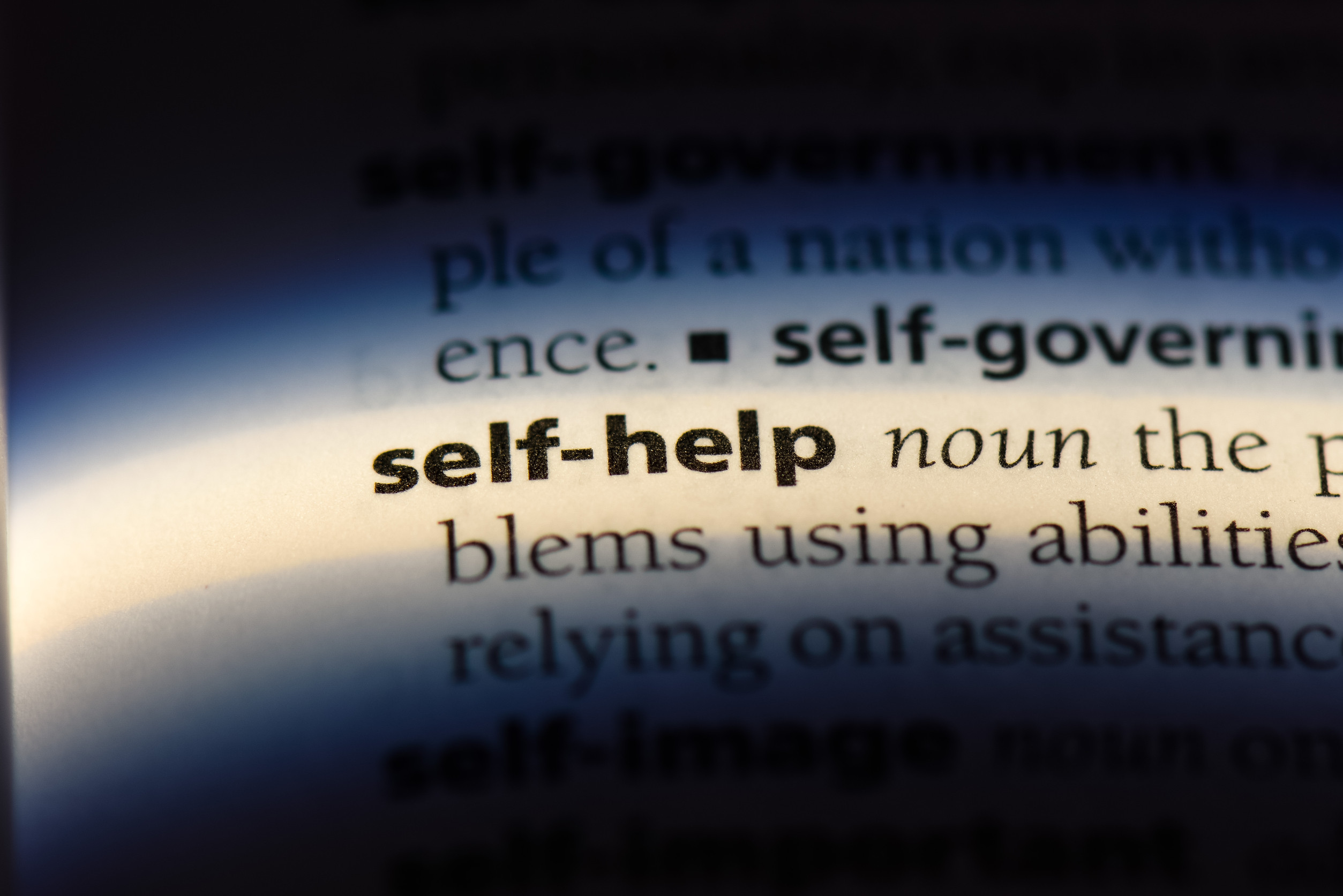The self-help industry promises transformation, purpose, and power. From bestselling books to viral YouTube videos, it insists that with enough mindset tweaks and morning routines, you can finally become the best version of yourself. But behind the glossy covers and TED Talks lies a darker truth: the self-help world may be thriving more off your doubts than your dreams.
As the market balloons into billions annually, it’s fair to ask if the industry is more about business than actual betterment. Are we being helped—or just sold to?
The Promise of Personal Growth
At its core, self-help is built on a simple, seductive idea: you can change your life. It appeals to a basic human instinct—the desire to improve, to overcome, to find meaning. And for many, that first book or video can feel like a spark in the dark, something that cuts through the chaos and makes the world feel manageable again.
The language of empowerment is everywhere in this space, telling you that success is within reach if only you’ll follow these steps. But behind that hopeful veneer lies a question—what are they really selling?
The Business of Brokenness
Insecurity isn’t just a psychological state in the self-help world—it’s a marketing tool. The more you believe you’re not enough, the more you’re likely to buy what’s being sold.
Courses, seminars, one-on-one coaching packages—they all promise that missing piece you haven’t quite found. And if one method doesn’t work? Well, there’s always another guru waiting in the wings with a slightly more expensive solution.
Endless Motivation, Little Resolution
Much of the self-help content available today thrives on repetition rather than results. Motivational quotes, daily affirmations, and productivity hacks are easy to consume but hard to sustain. It’s a cycle that keeps people coming back, hoping that the next piece of advice will finally unlock the door.
Many followers spend years stuck in this loop—consuming without transforming. The illusion of progress replaces actual progress, and that illusion keeps the industry alive.
The Guru Complex
Charismatic self-help figures often become larger-than-life personalities, attracting loyal fanbases who treat them more like spiritual leaders than businesspeople. These figures aren’t just selling ideas—they’re selling themselves as the embodiment of success.
Followers may start to mimic not just their strategies, but their lifestyles, speech patterns, even clothing choices. And when someone raises a critique, it’s often dismissed as negativity or “limiting beliefs.” This guru complex creates an echo chamber where skepticism is the enemy and blind belief is the currency.
The Reinvention Trap
One of the most appealing hooks in the self-help world is the idea that you can completely reinvent yourself. But constant reinvention can turn into a form of identity instability, leaving people chasing after a version of themselves that never quite arrives. You’re told to pivot, rebrand, rewrite your story—again and again—until you’re exhausted. While growth is important, endless self-improvement can become its own kind of psychological pressure. Instead of building confidence, it often deepens the sense that you’re never quite “there” yet.
Capitalizing on Vulnerability
Many self-help consumers seek out the genre during times of crisis—after a breakup, a job loss, or a personal failure. These are moments when people are emotionally raw and deeply vulnerable, which makes them prime targets for products that promise quick relief.
The industry often packages hope as something you can purchase and download. But when the emotional high of that purchase fades and reality returns, many are left feeling worse than before. It’s a cycle that can feel eerily similar to addiction—short-term dopamine followed by long-term disappointment.
The Mirage of Control
A lot of self-help advice hinges on the belief that you control your destiny. And to a degree, that’s empowering—until it becomes toxic. When people fail to improve their circumstances despite following all the “right” steps, they often blame themselves. This idea that success or failure is entirely up to you ignores systemic factors like inequality, trauma, and privilege. It creates a moral hierarchy where those who struggle are seen as simply not trying hard enough.
When Help Becomes Harm
There’s a point where self-help can shift from being motivational to being manipulative. Advice that encourages you to push past limits can, in some cases, lead to burnout, anxiety, or even depression. Instead of providing tools to cope with life, some content demands that you rise above it entirely. This “always be better” mindset can make rest, contentment, and acceptance feel like failure. Real help should support your humanity, not demand you erase it.
Is There Any Good in It?
Despite all the criticism, it’s not fair to say the entire self-help industry is a scam. Some authors, speakers, and coaches genuinely want to help others and do so with integrity and empathy. Many people have found clarity, healing, or motivation through a well-timed piece of advice or a powerful book. The key is discernment—separating useful tools from manipulative marketing. Self-help isn’t inherently harmful, but the way it’s often packaged and sold deserves scrutiny.
A Call for Conscious Consumption
We live in a world where personal development is both a trend and a business model. That doesn’t mean we should stop growing—it means we should grow wisely. Seek out resources that empower rather than shame, that encourage rest as much as hustle, that see you as a whole person, not a broken project. Real growth often happens slowly, quietly, without fanfare or funnels. So before you click “buy now” on another course, pause and ask: is this helping me heal, or just selling me hope?
What do you think? Has the self-help industry helped you, or let you down? Drop your thoughts in the comments below.
Read More
Beauty At Any Age: These 8 Tips Will Keep You Feeling Great About Yourself After 60
The “Healing Journey” Might Be Stressing You Out More Than Helping



Leave a Reply